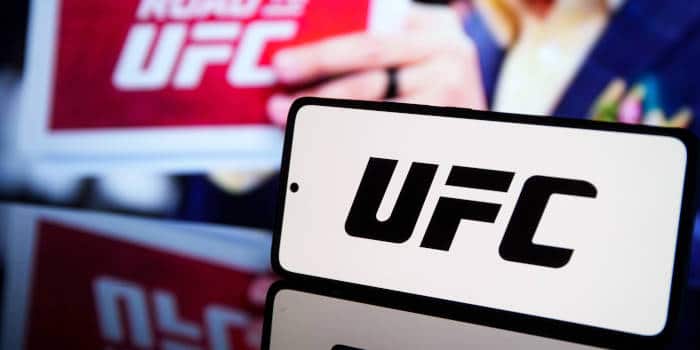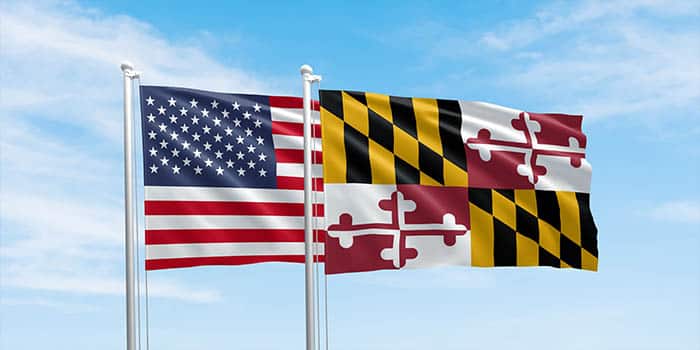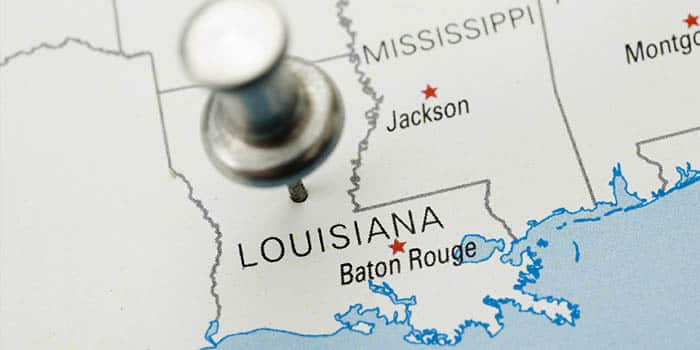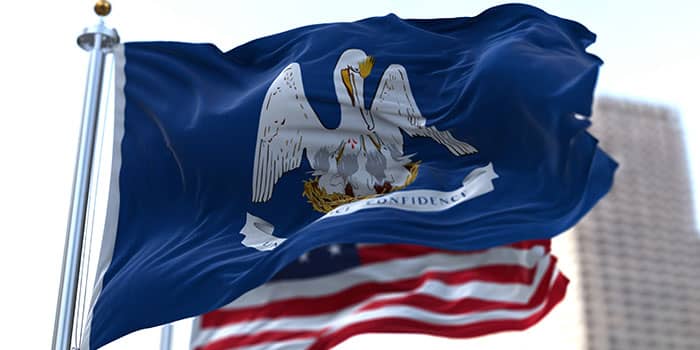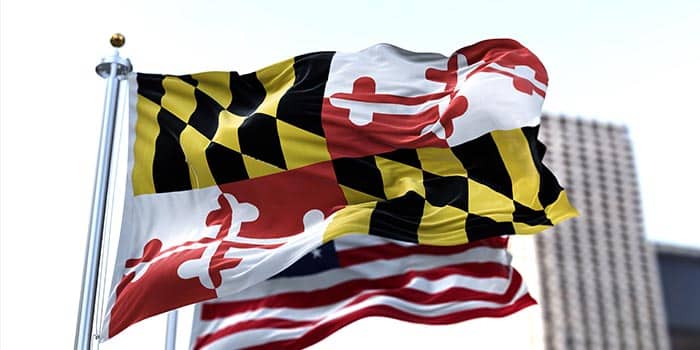- Casino
- By State
- Alabama
- Alaska
- Arizona
- Arkansas
- California
- Colorado
- Connecticut
- Delaware
- Georgia
- Florida
- Hawaii
- Idaho
- Illinois
- Indiana
- Iowa
- Kansas
- Kentucky
- Louisiana
- Maine
- Massachusetts
- Maryland
- Michigan
- Minnesota
- Mississippi
- Missouri
- Montana
- Nebraska
- Nevada
- New Hampshire
- New Jersey
- New Mexico
- New York
- North Carolina
- North Dakota
- Ohio
- Oklahoma
- Oregon
- Pennsylvania
- Rhode Island
- South Carolina
- South Dakota
- Tennessee
- Texas
- Utah
- Vermont
- Virginia
- Washington
- West Virginia
- Wisconsin
- Wyoming
- By State
- Slots
- Poker
- Sports
- Esports
Voters To Weigh In On Gaming Expansion In 6 States

Voters in six US states will be asked on Election Day to weigh in on gaming expansion legislation. The new measures range from legalizing sports betting to authorizing casinos.
Sports betting legislation will be on the general election ballot in Maryland, Louisiana, and South Dakota. In a note on the subject, Truist Securities gaming analyst Barry Jonas said that it is nearly certain the bills will pass in all three states.
No Online Betting In Louisiana
The Louisiana legislature failed to garner interest on a sports betting bill in May 2019. It successfully passed a new bill on fantasy sports regulation shortly after, which included some sports betting activity. Nothing happened in the state’s sports betting market since then.
A referendum passed on May 22, 2020, will allow each parish to vote “yes” or “no” on sports betting on November 3. This does not include online betting.
“The second challenge will be how fast the state legislature can work to set rules for taxing, licensing, and regulation in 2021,” Barry Jonas said.
One Question For Maryland Voters
Voters in Maryland will be able to decide on sports betting in the second question of the general election ballot:
“Do you favor the expansion of commercial gaming in the State of Maryland to authorize sports and event betting for the primary purpose of raising revenue for education?”
More specific implementations will have to be created by the state’s lawmakers if the bill passes.
In the legislation sent to the House, the Senate had included clear implementation measures for online and in-person betting at casinos and racetracks. The House removed the measures from the bill, as it said they rewarded existing entities that lacked any diversity.
“The challenge for voters is that it does not spell out enough and leaves much of the issue up to the legislature”
Truist Securities gaming analyst Barry Jonas
It is likely it will take a while for Maryland to start wagering activities. FanDuel and DraftKings are financially invested in the measure. It would also benefit MGM Resorts International, Caesars Entertainment, and Penn National Gaming.
Maryland is the last mid-Atlantic state to remain without legal wagering. The vote on Question 2 will be a close call, polls suggest.
South Dakota Governor Opposes Betting Expansion
The South Dakota sports betting bill would allow Deadwood’s casinos to add retail sports betting locations. Online sports betting measures are also expected to pass later, analysts say.
However, there is still a long way to go: Governor Kristi Noem opposes sports betting and said it would be gambling expansion. Tribes in the state are also not on board, for now.
Nebraska Initiatives Face Opposition
Nebraska will vote on three new initiatives, 429, 430, and 431, which would allow racinos, casinos at licensed horse racetracks.
Supporters estimate the proposal would generate $65 million a year by taxing casinos and would create up to 4,600 jobs. The opposition said the numbers were overestimated and warned about adding social problems, such as problem gambling, bankruptcy, or homelessness. Nebraska Governor Pete Ricketts and billionaire Warren Buffet have said they oppose the measures.
Global Markets Advisors Director of Government Affairs Brendan Bussmann said the opinion on the measures is mixed, but that they will be approved. The referendums are “the most flawed policy proposals ever put forward. It’s generally more efficient to take up the issue within the legislature”, he also said.
Casino Openings in Virginia
Voters in Bristol, Danville, Portsmouth, and Norfolk, Virginia, will decide on the construction of one casino in each city. Casino operators have already been chosen: Bristol with Hard Rock International, Danville with Caesars, Portsmouth with Rush Street Gaming, and Norfolk with the Pamunkey Indian Tribe. Richmond has not yet found an operating partner, despite receiving the lawmakers’ green light.
Virginia’s legislature passed a bill in April that met Governor Ralph Northam‘s specifications.
The bill allows for mobile and in-person wagering. The state’s lottery will handle licenses for online-only operators. Collegiate sports betting will not be allowed under the bill.
Gaming Expansion in Colorado
Colorado’s Amendment 77 would permit casinos to remove the $100 limit on single bets and to offer a larger variety of table games. The bill doesn’t apply to sports gambling, which was covered in a referendum passed in November 2019. The new bill would allow the state’s gambling properties hindered by the current measures to grow and expand.
Colorado authorized legal sports wagering on May 1, 2020. The bill allowed online and mobile betting, with DraftKings, FanDuel, BetRivers, and BetMGM launching their offer on May 1, and several others, including PointsBet, which have committed to launching operations in the state. Bookmakers must pay a $54,000 operating fee and are subject to a 10% tax rate.
Tennessee Operators Launch Online Offers
DraftKings, FanDuel, BetMGM, and Action 247 launched their online sports betting platforms in Tennessee on November 1. There are no limits on online sports betting licenses. Operators are required to pay a licensing fee of $750,000 and a 20% tax rate. This is a higher price to pay than in other newly regulated states and could prevent opportunities for smaller players.
The 90% cap on annual winnings, initially at 85%, sparked controversy at the beginning of 2020. Operators said players would be disadvantaged and may use illegal operators or gamble in other states.
Related Topics:
Mathilde has been writing for over 5 years, with 3 of those years as a specialist in the iGaming industry covering headlines across the world. With her honed research and reporting expertise, Mathilde has solidified her position as a regular author for Gambling News. Outside of work, she enjoys studying sculpture which is one of her other strong passions.
Next Article


Legal
November 3, 2020
SportPesa Considers Taking Former Chair to Court for Allegations
Must Read
More Articles


